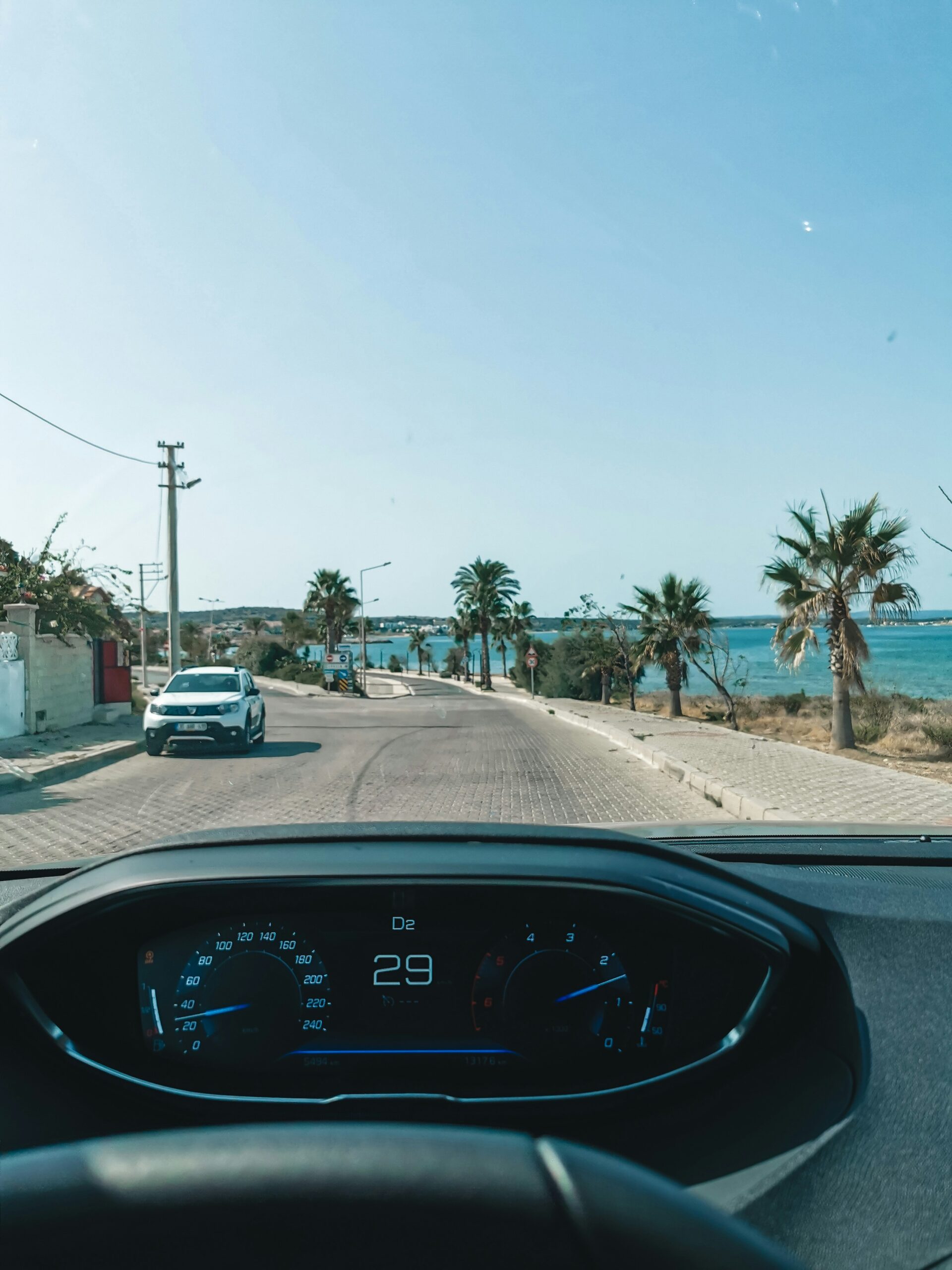Whether you’re planning a road trip across the country, relocating to the Costa del Sol, or simply hiring a car for your holiday, driving in Spain can be a fantastic way to explore. But before you get behind the wheel, there are a few important things to know that will keep you safe, legal, and stress-free on Spanish roads.
🚗 1. Minimum Age & License Requirements
To legally drive in Spain:
- You must be at least 18 years old.
- You need a valid driving license. EU and EEA licenses are accepted without issue. If you’re from outside the EU (like the UK post-Brexit), you may need an International Driving Permit (IDP) depending on your length of stay and the type of vehicle you’re driving.
🛂 2. Documents You Must Carry
At all times while driving in Spain, you must have:
- A valid driving license
- Your passport or national ID
- Vehicle registration document (V5C or equivalent)
- Valid insurance documents
- MOT/ITV certificate if applicable
🚦 3. Basic Driving Rules
- Drive on the right-hand side of the road.
- Overtake on the left.
- Seat belts are mandatory for all passengers.
- Mobile phone use while driving is illegal unless using a hands-free system (not headphones!).
- Children under 135cm must sit in the back seat using an appropriate child seat.
⚠️ 4. Speed Limits
Standard speed limits (unless otherwise signed) are:
- 120 km/h (75 mph) on motorways
- 90 km/h (55 mph) on rural roads
- 50 km/h (30 mph) in urban areas
Speeding fines can be steep — and if you’re caught by a roadside camera, your hire car company will almost certainly pass the fine on to you with a surcharge!
⛽ 5. Fuel & Service Stations
- Unleaded petrol is called “gasolina sin plomo” and diesel is “gasoil”.
- Most service stations accept credit/debit cards, but it’s always smart to carry some cash in rural areas.
- Many stations are self-service and you pay after filling up.
🅿️ 6. Parking Rules
- Look out for painted curbs:
- Blue zones (zonas azules): Pay-and-display
- Yellow lines: No parking
- White lines: Free parking
Always read the signage and check for local restrictions. Fines for incorrect parking are common — and your car can be towed.
🛑 7. Alcohol Limits
Spain has strict drink-driving laws:
- The legal limit is 0.5 mg/ml (0.25 for new drivers or commercial drivers).
- Even one drink could put you over the limit, especially if you’re not used to alcohol.
🚨 8. Emergency Kit Requirements
By law, your car must carry:
- Two warning triangles (or one triangle for newer cars with V16 light)
- A reflective jacket (must be worn if you exit the vehicle on a motorway)
- A spare wheel and tools or a tyre repair kit
- In some areas, spare glasses if you need them to drive
🏖️ 9. Toll Roads (Autopistas de Peaje)
Some Spanish motorways charge tolls. You can usually pay with:
- Cash
- Credit/debit cards
- An electronic toll tag (in your own car or hired vehicle)
You can often avoid tolls by using the “autovía” (A-roads), which are free and still in good condition.
🇪🇸 10. If You’re Bringing Your Own Car
- You can use your foreign-registered car for up to 6 months in Spain.
- After that, it must be registered with Spanish plates.
- Vehicles over 4 years old must pass the ITV (Spanish MOT).
- It’s wise to hire a Gestor (a local admin expert) to handle the paperwork.
Final Tips:
- Use a sat nav or maps app — but be wary of outdated routes in remote areas.
- Be patient — the driving style in Spain can be relaxed in rural areas and aggressive in cities.
- Always check your insurance coverage, especially if you’re hiring a car.
Driving in Spain is a joy — from mountain roads in Andalusia to coastal highways along the Costa del Sol. Just make sure you’re prepared, informed, and respectful of the rules.
Need help relocating to Spain or buying a property here? We’re here for you! Contact us at Target Property Spain — and don’t forget to check out our Two-Minute Tuesday video series for more useful tips.
#DrivingInSpain #SpainTravelTips #MoveToSpain #TargetPropertySpain #SpanishRoadRules #ExpatsInSpain
